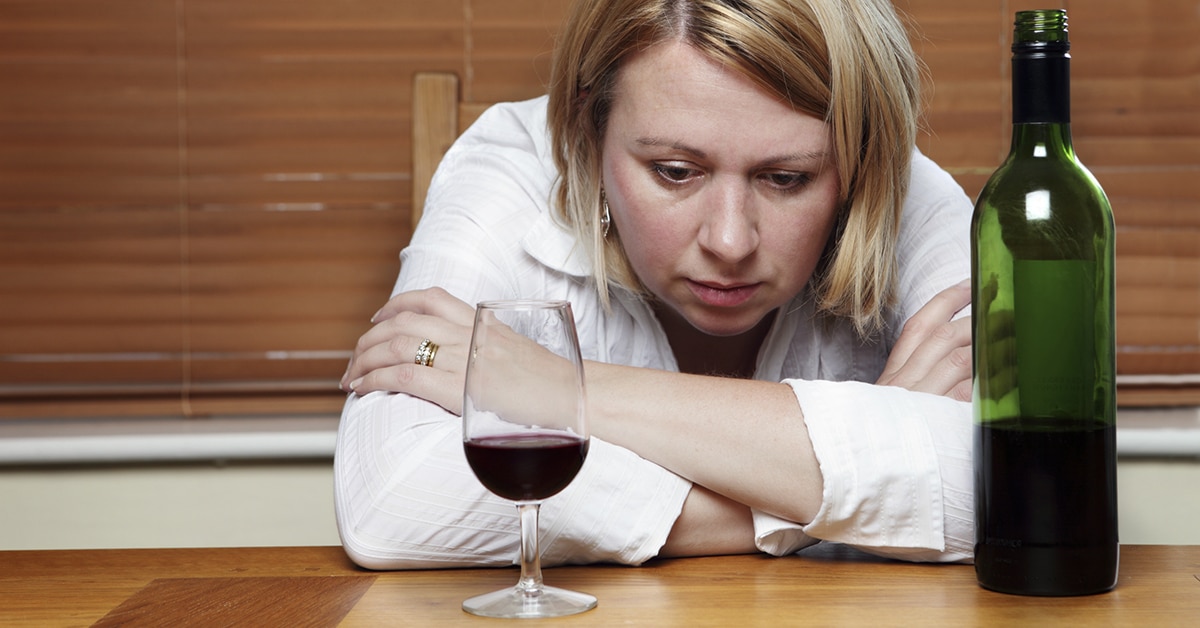Main Menu
Menu

Specialized, Whole-Person Treatment for Dual Diagnosis
Life is difficult enough for clients with a mental health disorder without the added burden of a substance use disorder. For many people, the symptoms they endure everyday lead to a complicated coexistence of self-medicating with the use of alcohol and/or drugs. This is because substances can mask mental health disorder symptoms that need to be addressed. That’s why at our dual diagnosis treatment clinic, we help individuals by first addressing their substance abuse disorder to then treat the underlying mental health disorder successfully.
If you or a loved one is in a vicious cycle of emotional pain that leads to seeking refuge by using alcohol or drugs, treatment at Clearview may be beneficial. The resources provided on this page are hopefully helpful as you have questions about dual diagnosis. If you or a loved one is seeking treatment or has questions about treatment, please reach out to our friendly admissions counselors. Clearview can put you or your loved one on the path to recovery from dual diagnosis.
Dual Diagnosis FAQs
According to the Substance Abuse and Mental Health Services Administration, about 8 million people, or 17.5 percent of adults living in the United States with a mental illness, have a co-occurring substance use disorder. Mental health and addiction psychoanalysts progressively believe that brain disorders and substance abuse disorders are biologically and physiologically constructed. Combinations of mental illness and substance abuse are now so common that many clinicians expect to discover and treat both.
A dual diagnosis means you have both a drug or alcohol addiction and a mental health disorder, such as depression, anxiety, or borderline personality disorder. Many people struggling with symptoms of mental illness use alcohol or drugs to find relief from their symptoms, which can ultimately lead to more severe addiction.
To successfully treat dual diagnosis, clients first need to treat their drug or alcohol addiction since substances can mask mental health disorder symptoms that need to be addressed. It’s also because drug and alcohol addiction can create symptoms that resemble a mental illness, often leading to a misdiagnosis and improper treatment. The best dual diagnosis treatment addresses both the addiction and the mental illness so that clients can make a complete recovery from both.
How to treat Dual Diagnosis
With over 20 years of experience, Clearview offers a complete continuum of care, providing clients with treatment that ensures sustained recovery.
Get your treatment questions answered with care.
100% confidential
Featured Dual Diagnosis Resources
Drug and Alcohol Addiction
What are the Benefits of Dual Diagnosis Treatment Centers?
Drug and Alcohol Addiction
What Does Dual Diagnosis Mean?
Popular Dual Diagnosis Resources
Drug and Alcohol Addiction
How Alcohol Makes Your Depression Symptoms Worse
Dual Diagnosis
Does Addiction Stop My Emotional Growth?
Drug and Alcohol Addiction
Does Alcohol Cause Depression?
Recently Posted Dual Diagnosis Resources
Drug and Alcohol Addiction
What Does Dual Diagnosis Mean?
Drug and Alcohol Addiction
The Best Rehab Centers in Los Angeles
Drug and Alcohol Addiction
Problem Gambling Awareness Month: Recognizing Gambling Addiction and its Connection to Substance Abuse
Treatment Options for Dual Diagnosis

Dual Diagnosis Residential
A residential treatment program specializing in treating all genders with complex co-occurring mental health and substance use disorders.

Women-only Residential
An internationally known residential treatment program known for its expertise in treating women diagnosed with borderline personality disorder, emotional deregulation, and acute psychiatric disorders.

Outpatient Treatment
Ideal as a step down from residential treatment or a step up from traditional outpatient care, we offer Partial Hospitalization (5-days a week) and Intensive Outpatient (3-days a week) programs for all genders.

















